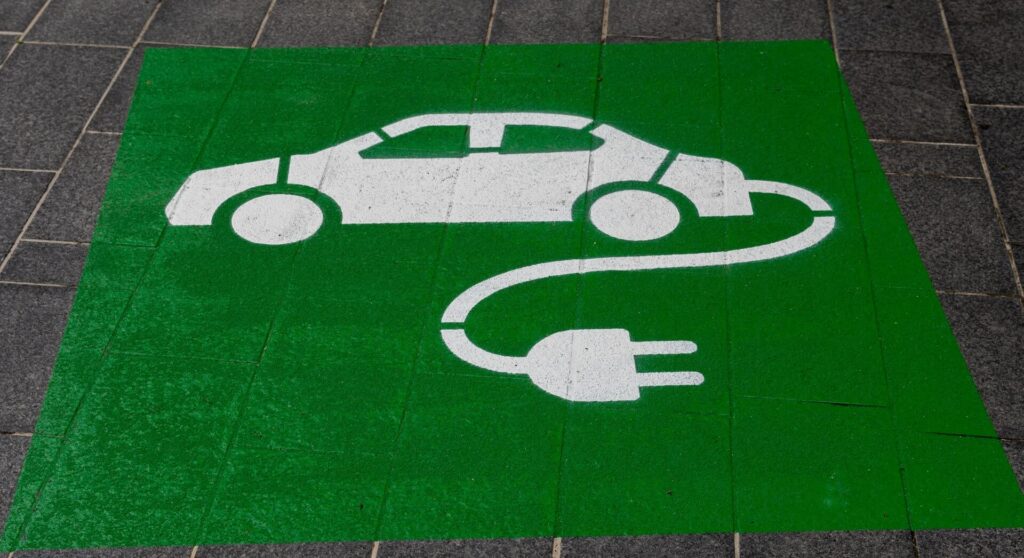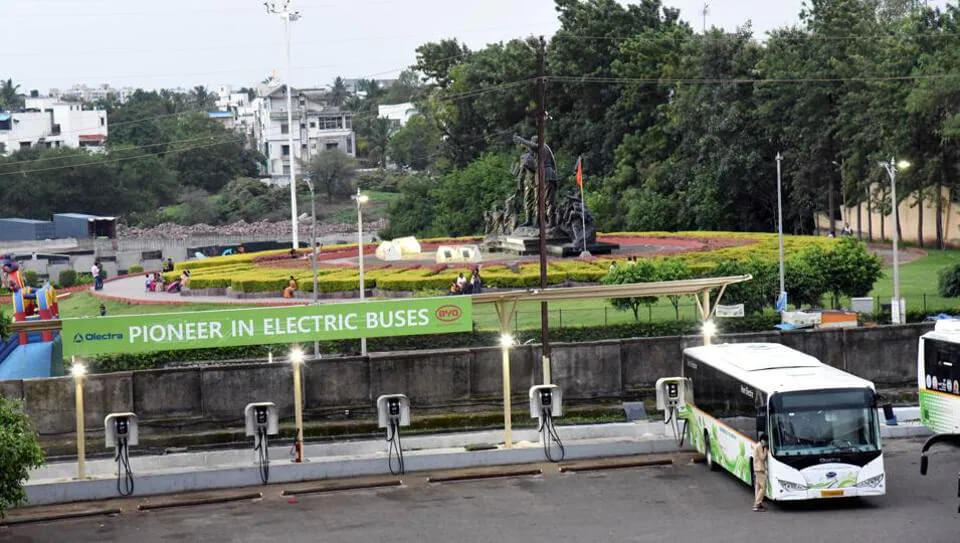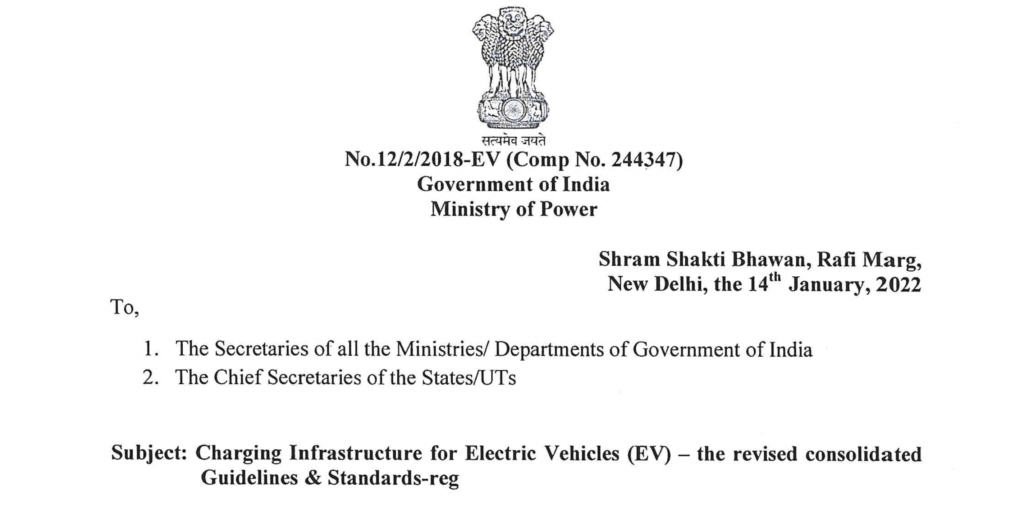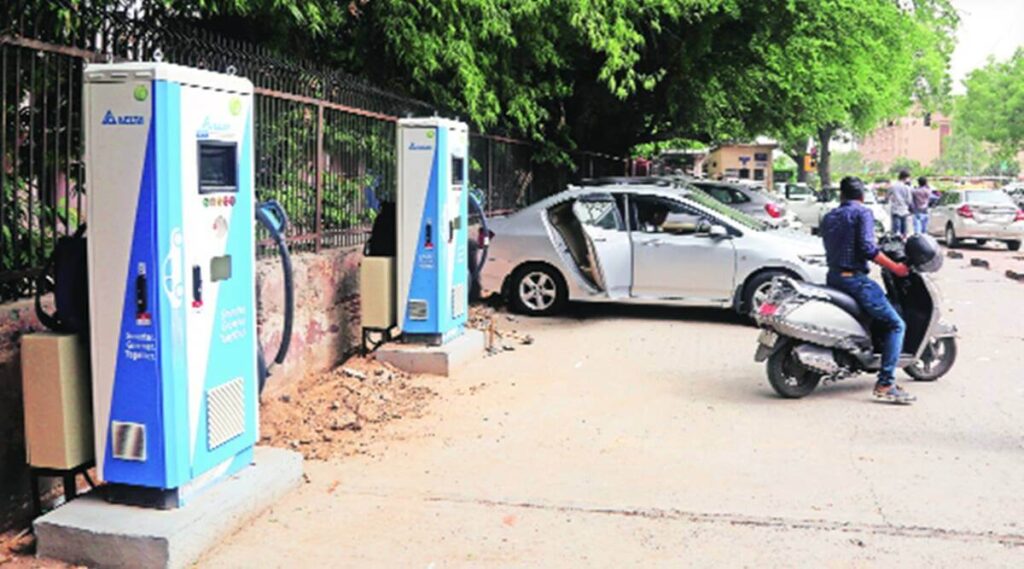
Starting an EV charging station in India is no small task. Imagine finding the right piece of land, getting all the needed permissions, and setting everything up. And just when you think you’re ready to go, you realize there’s more to it.
- Day-to-Day Challenges: How do I grow my station and manage different locations? How can I make sure I earn well while keeping everything running smoothly?
- Technical Hurdles: How do I ensure my station works for all types of electric vehicles? What’s the best way to set up the charging system without spending too much?
- Reaching Out to People: How do I make my station known to everyone? How can I give drivers a good experience so they keep coming back?
We know these questions because we’ve talked to many people like you. They’ve shared their worries, their successes, and their lessons. This article is our way of communicating that knowledge, and we hope it helps you in your journey.
In the next sections, we will cover the most pressing challenges for new charging point operators. We also explain how our platform and service can address some of these challenges.
Technical Challenges
Setting up and running an EV charging station is a complex task.
It’s like assembling a jigsaw puzzle; each piece, no matter how small, plays a crucial role in completing the picture.
Let’s understand the three most common technical challenges that plague new CPOs.
1. Navigating the Learning Curve with EV Charging Technology
The world of EV charging is filled with technical jargon and standards.
New operators often grapple with understanding charger standards like BHARAT AC, CHAdeMO, and CCS. Then there are charger protocols like OCPP and ISO 15118, which can seem like a different language altogether. That’s not all; there are more layers to the learning process:
- Integrating charging management software and apps,
- understanding electrical load calculations, and
- keeping up with government regulations like TOU based EV tariffs.
How YoCharge Helps
We provide comprehensive guidance on all these fronts. Our expertise helps demystify these standards and protocols, ensuring you’re well-equipped to make informed decisions.
2. Managing Infrastructure and Hardware Costs
The financial aspect of setting up an EV charging station can be daunting. Powering up high-capacity fast chargers often requires expensive grid upgrades. Then there’s the challenge of finding the right balance between location costs and charger utilization. The hardware itself, especially DC fast chargers, can cost anywhere between ₹6-15 lakhs.
Deciding between AC, DC, or battery swapping adds another layer of complexity. And let’s not forget the recurring costs like land lease, maintenance, electricity, and more.
How YoCharge Helps
We assist in optimizing power utilization, guiding location selection, and offering insights into the pros and cons of different charger types. Our aim is to help you get the best return on your investment.
3. Ensuring Consistent Charger Uptime
The Challenge
A charging station’s reputation heavily relies on its reliability. Quick detection and resolution of charger faults are essential. However, many operators face challenges due to limited technical expertise in-house.
Dispatching technicians to various sites can be expensive. If the issue isn’t fixed the first time, it leads to repeated problems and costs. Slow response times can further prolong charger downtime, affecting customer trust.
How YoCharge Helps
Our remote maintenance capabilities enable swift fault detection and resolution. We also provide training and support to enhance in-house technical skills, ensuring issues are addressed promptly and effectively.
Operational Challenges
Running an EV charging station goes beyond just plugging in vehicles. Every aspect of the operation has to run like a well-oiled machine. Let’s delve deeper into the operational challenges and see how they can be addressed.
1. Scaling Complexities
Setting up new locations isn’t just plug-and-play; it involves extensive configurations. Each new site might use different hardware and software, requiring integration. And as you add more chargers, your existing team might feel the strain. This makes it tough to offer a consistent experience to all users.
How YoCharge Helps
Our platform is designed for growth. We simplify the integration of various platforms and streamline the onboarding process. Plus, our tools ensure that as you grow, your service quality remains top-notch.
2. Suboptimal Operations
Without the right tools, monitoring charger performance in real time can be a blind spot. Tasks like customer support, billing, and reconciliations often need manual intervention. Basic charging data might not give you the full picture for making key decisions.
And when teams like operations, finance, and IT aren’t in sync, things can slip through the cracks. Relying on spreadsheets and paperwork doesn’t help either; they’re prone to errors.
How YoCharge Helps
We offer a suite of tools that put real-time data at your fingertips. Automate tasks, get deeper insights from your data and ensure all your teams are on the same page. Say goodbye to error-filled spreadsheets and hello to efficient operations.
3. Revenue Generation
To make profits, your chargers need to be up and running as much as possible. Pricing is a balancing act between attracting users and making profits. And if your station isn’t easily discoverable on apps or maps, how will new users find you?
Targeting B2B customers like fleets and corporates is another challenge. Plus, partnering with other networks can be key to expanding your reach.
How YoCharge Helps
We focus on maximizing your charger uptime. Our platform helps you set pricing that works for you and your users. We boost your discoverability and make it easier to connect with B2B customers. And when it’s time to partner up, we’re there to guide you.
Marketing Challenges
Getting the technical and operational bits right is just half the battle. The other half? Making sure people know about your charging stations and choose them over others.
Let’s understand the major marketing challenges that CPOs face.
1. Limited Branding Control
Many operators find themselves relying heavily on third-party apps. Tailoring the charging experience to reflect the brand’s identity becomes a challenge. The interface, design, and styling are often set by these third-party platforms.
Promotions, a key tool to attract users, are hard to deploy when you don’t control the platform. To add to the mix, these apps might also display competitor stations, diverting potential customers.
How YoCharge Helps
YoCharge believes in giving power back to the operators. With our platform, you can customize the user experience, ensuring it aligns with your brand. Plus, you can run promotions targeted specifically to your users, without the noise of competitors.
2. Customer Acquisition:
Many EV drivers might not even be aware of your stations. The costs of acquiring customers, especially through ads, can be high. And even after spending, there’s the challenge of getting listed on popular charging apps. B2B customers, like fleets, can be a lucrative segment. But identifying and reaching them requires specific tools. And if your registration process isn’t smooth, you risk losing them.
How YoCharge Helps
We help boost your visibility, ensuring more EV drivers find you. Our platform also offers tools to target B2B segments effectively. And with a user-friendly interface, onboarding becomes a breeze.
3. Building Customer Trust:
Trust is fragile. A few bad experiences due to unreliable chargers can tarnish your reputation. Customers expect quick support and resolution. If they face issues and there’s no immediate help, trust erodes. Consistency is key. Your chargers need to be available when users need them. And with the looming EV range anxiety, minimizing charger downtime is crucial.
How YoCharge Helps
We prioritize reliability. With our platform, you can offer real-time support and ensure your chargers are consistently available. Plus, our remote monitoring capabilities give users the confidence they need.
Should You Be Worried?
Stepping into the EV charging business might seem daunting with the challenges ahead. But here’s the silver lining: there are compelling reasons to stay optimistic and confident.
Let’s dive into three big reasons why you’re on the right track:
1. Surging EV Adoption
EV sales are skyrocketing. In 2022 alone, over a million EVs were sold, marking a whopping 210% growth from the previous year.
By 2030, we’re looking at over 400,000 new EVs hitting the roads every year. Why? More people are becoming aware of EVs, thanks to efforts by organizations like CII. Plus, with more options from brands like Tata and Ola, and prohibitive fuel prices, the switch to EVs is becoming a no-brainer for many.
India’s next milestone is to achieve a 1:40 ratio for charging points to EVs (that means for every 40 electric vehicles on the road, there must be one charger). We’re currently at a dismal 1:135. So there’s massive potential for CPOs.
2. Supportive Government Policy
The government’s got your back. States like Tamil Nadu are offering lower EV registration fees. There are also subsidies through the FAME-II scheme and GST rate cuts on EVs.
The goal? A 30% EV share for fleets by 2030. And it’s not just about EVs. Charging infrastructure is getting a boost with state policies, lower electricity rates, and even priority lending for EVs by RBI.
3. Innovative Charging Solutions
The future of charging is bright with platforms like YoCharge. We’re talking about software that gives you deep insights, tools to make operations smoother, and the flexibility to grow your network.
Plus, you get to offer a unique experience to your customers with custom branding. In a nutshell, while challenges are part and parcel of any business, the EV charging industry in India is ripe with opportunities.
So, chin up and charge ahead!



